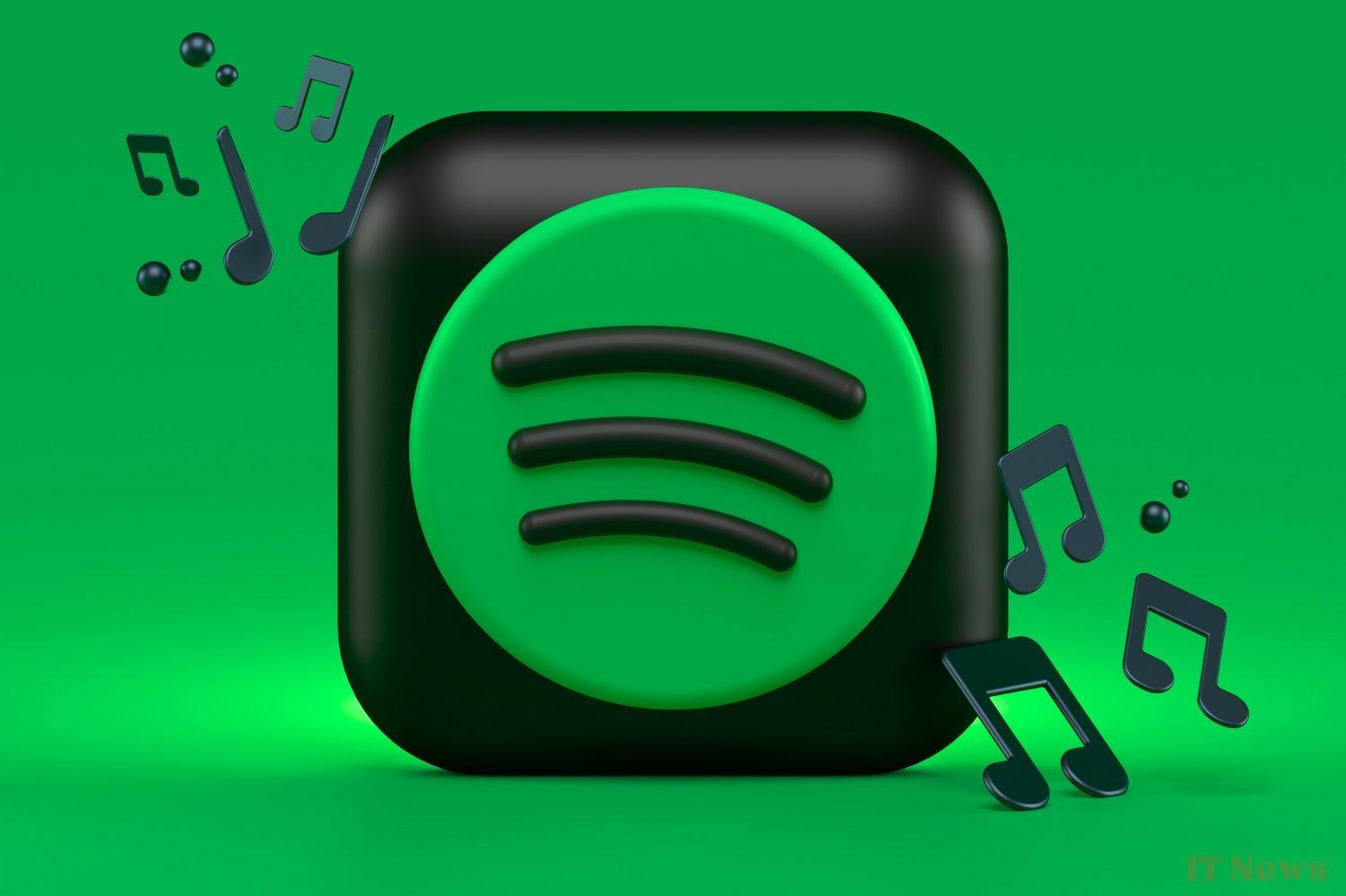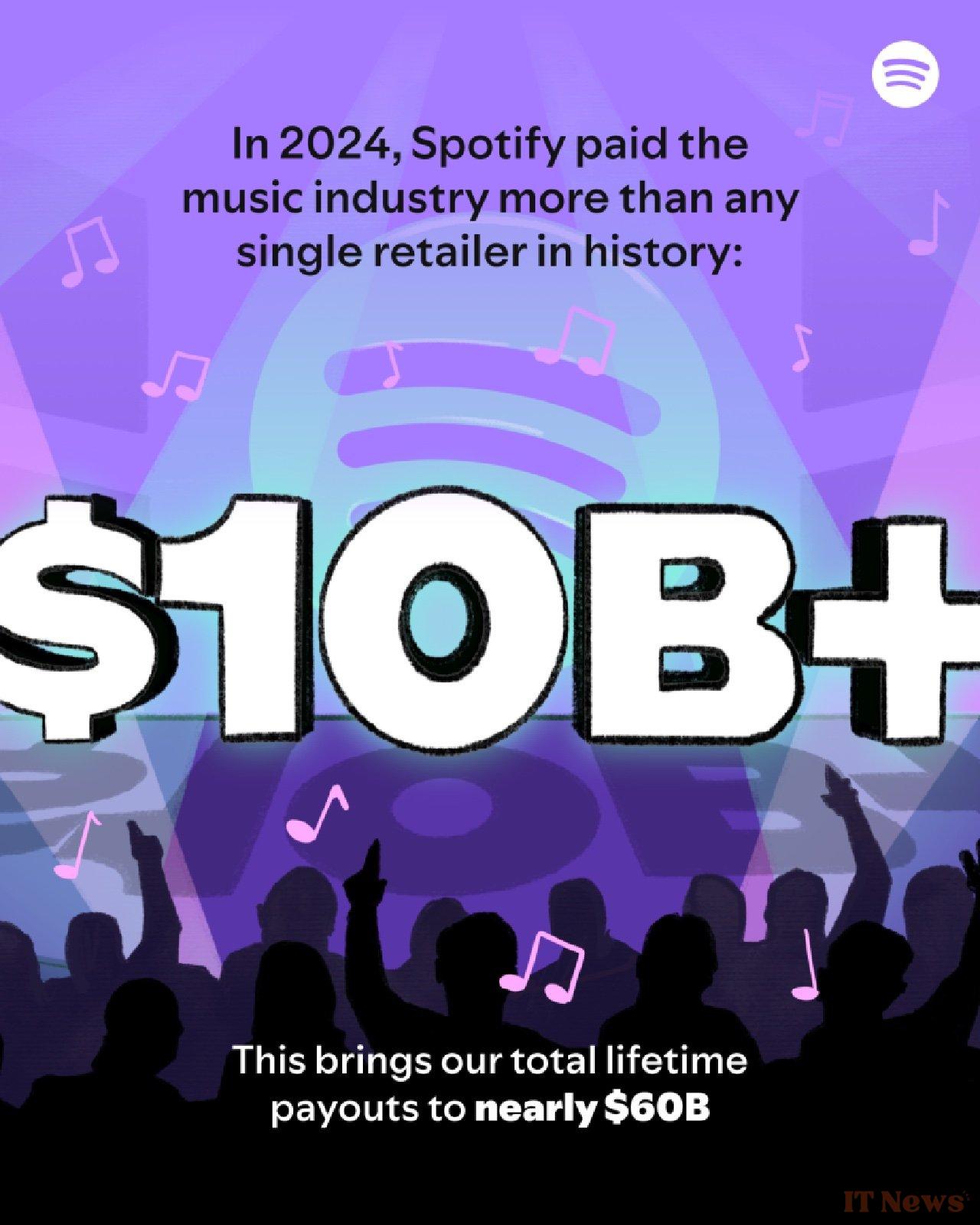Last year, Spotify wrote a check for $10 billion to artists, composers, and record labels. This represents more than 60% of the platform's revenue (15.7 billion in 2024). It's simply the largest contribution ever made by a company to the music industry in a single year. Ten years ago, Spotify paid out "only" $1 billion.
Crumbs for artists
The company has come a long way since 2014: it now has 675 million listeners, including 263 million who pay for a premium subscription. Among the other impressive figures posted by Spotify: almost 1,500 artists earned $1 million last year (4 times more women than in 2017), and 80% of these millionaires have no tracks in the service's top 50. 12,500 artists generated more than $100,000, with a quarter of them not having a professional music career five years ago.
In total, since its inception in 2006, Spotify has returned a total of $60 billion to the industry. A figure that seems enormous, but compared to the number of artists and composers, it doesn't mean much to the vast majority of them. "Spotify is probably the worst thing that has happened to musicians," Björk attacked in January, summarizing a sentiment widely shared in the community.
In general, streaming services pay from 0.003 to $0.005 per stream, an amount paid to rights holders who then compensate the artist, songwriter, and other stakeholders. According to a study by Duetti, Spotify paid an average of $3 per 1,000 streams in 2024, making it the lowest-paying service for independent artists.
Source: Spotify




0 Comments